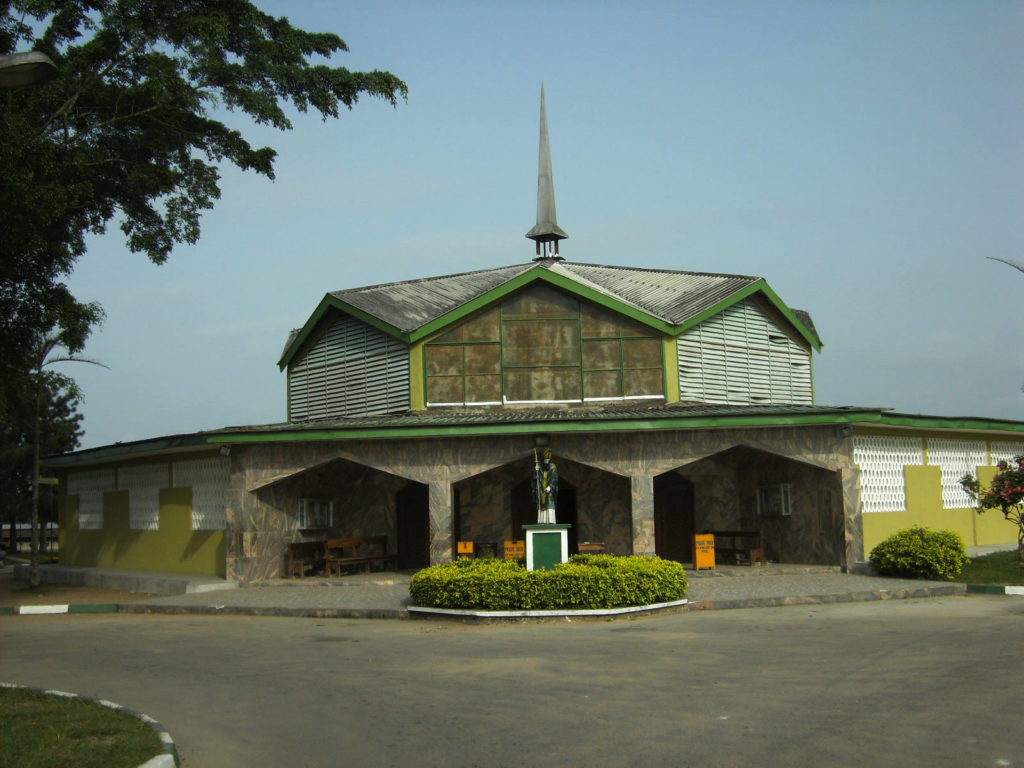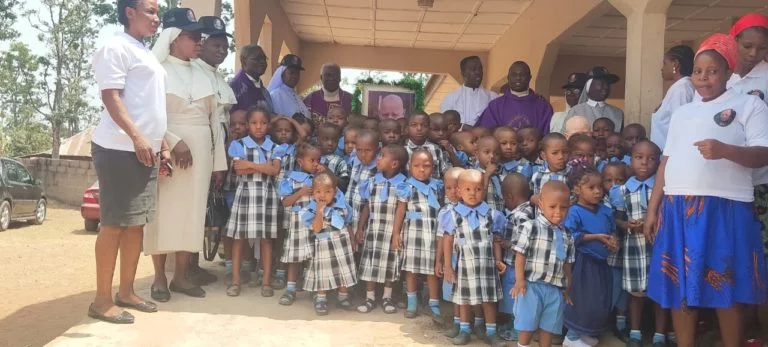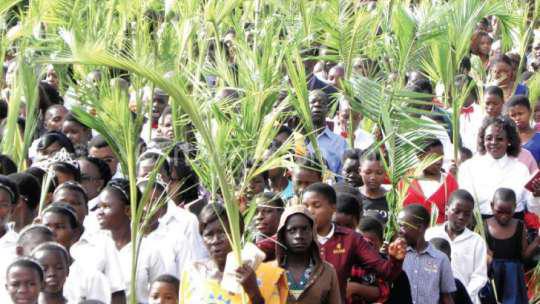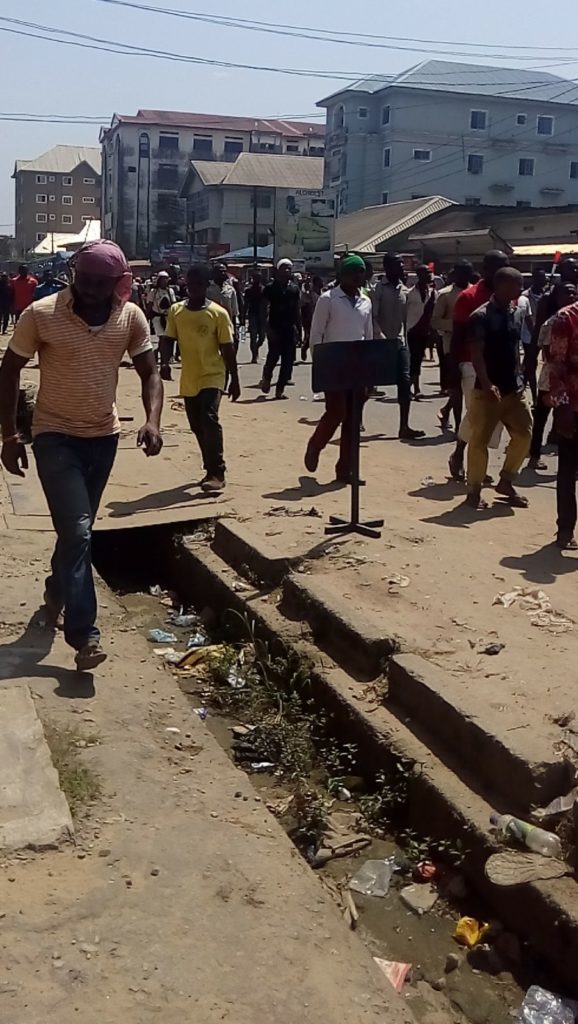The text provides information about Project Calabar, a training center located in Calabar, Nigeria. The center is situated on the grounds of St. Patrick’s College, which was founded by Irish missionaries. In addition to a kindergarten and primary school directly run by the missionaries, there is also a high school with a boarding school operated by the Archdiocese of Calabar. The Skill Acquisition Center (SAC), a vocational training center supervised by HIFA, is located on the high school campus.



